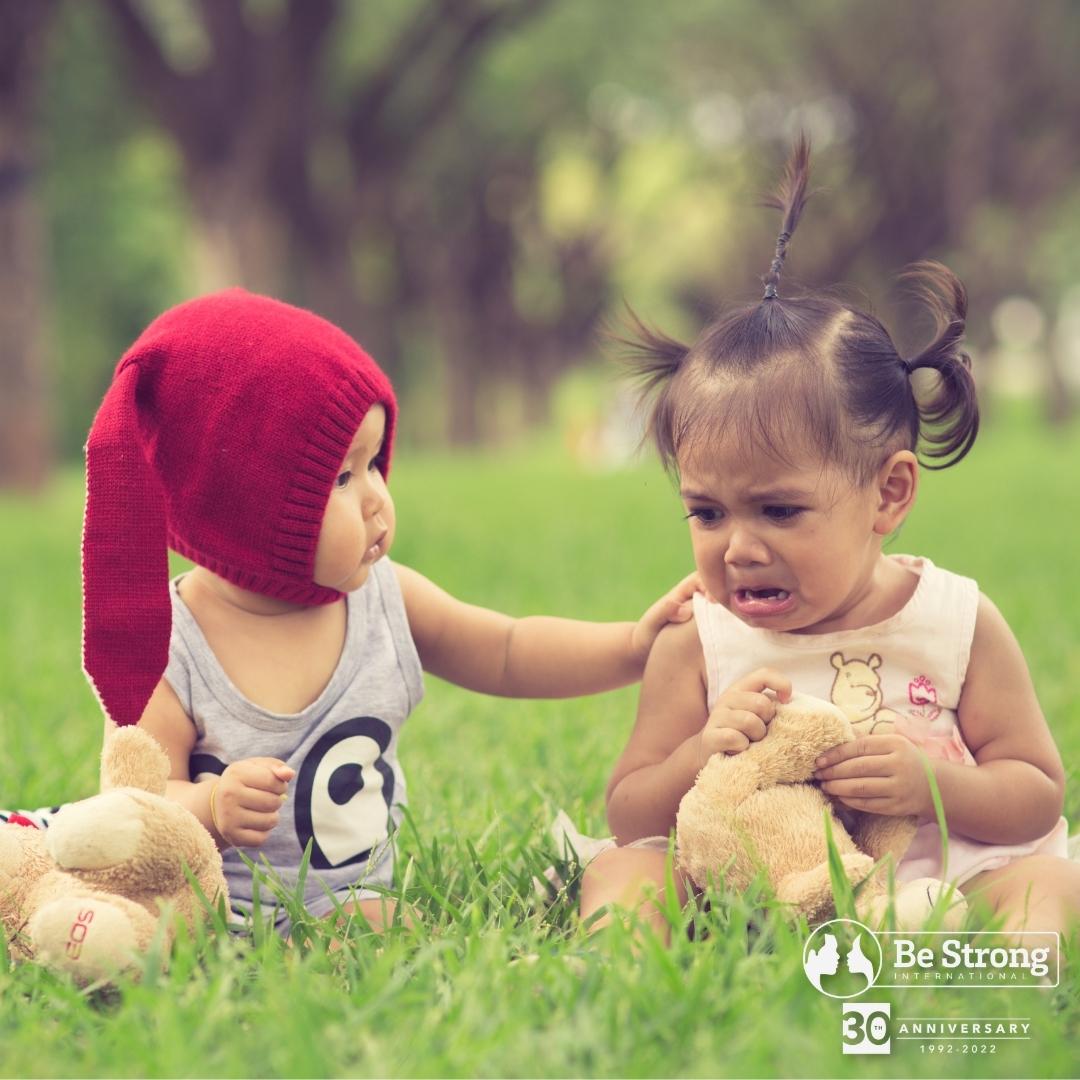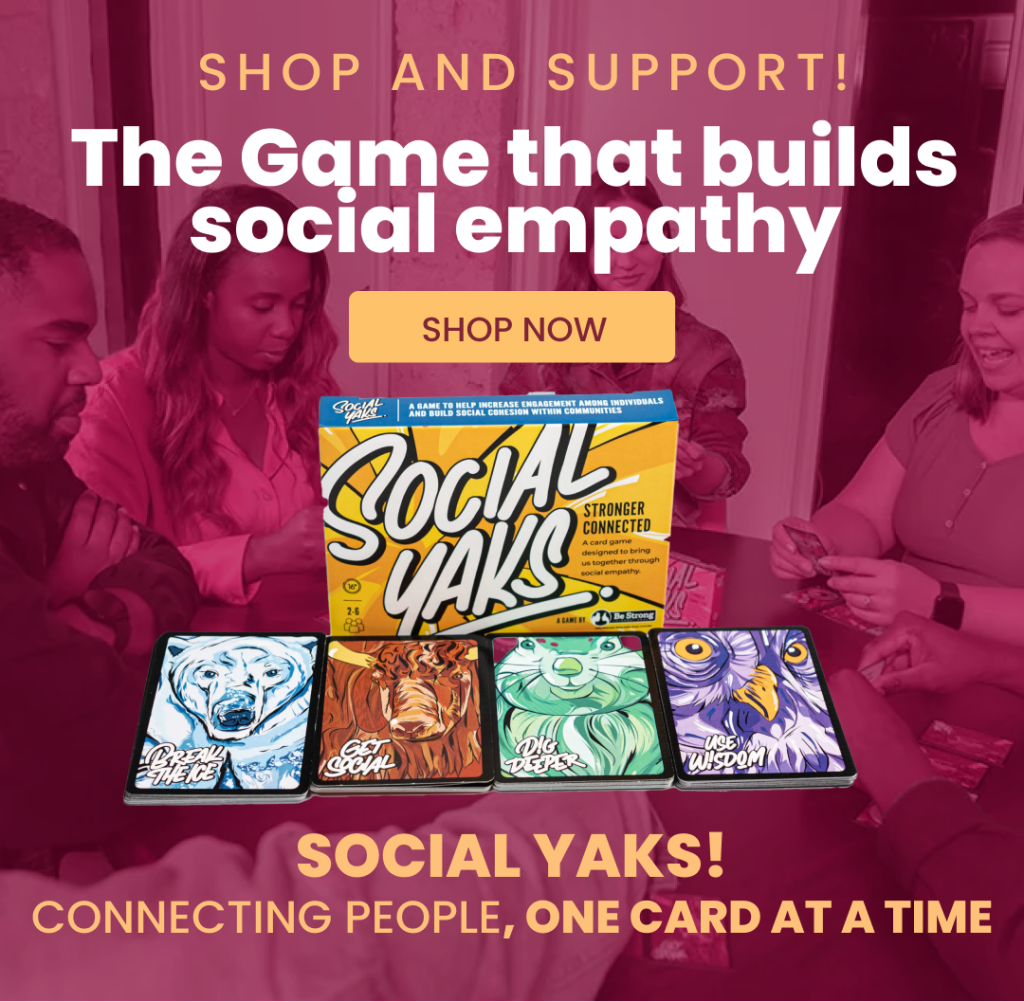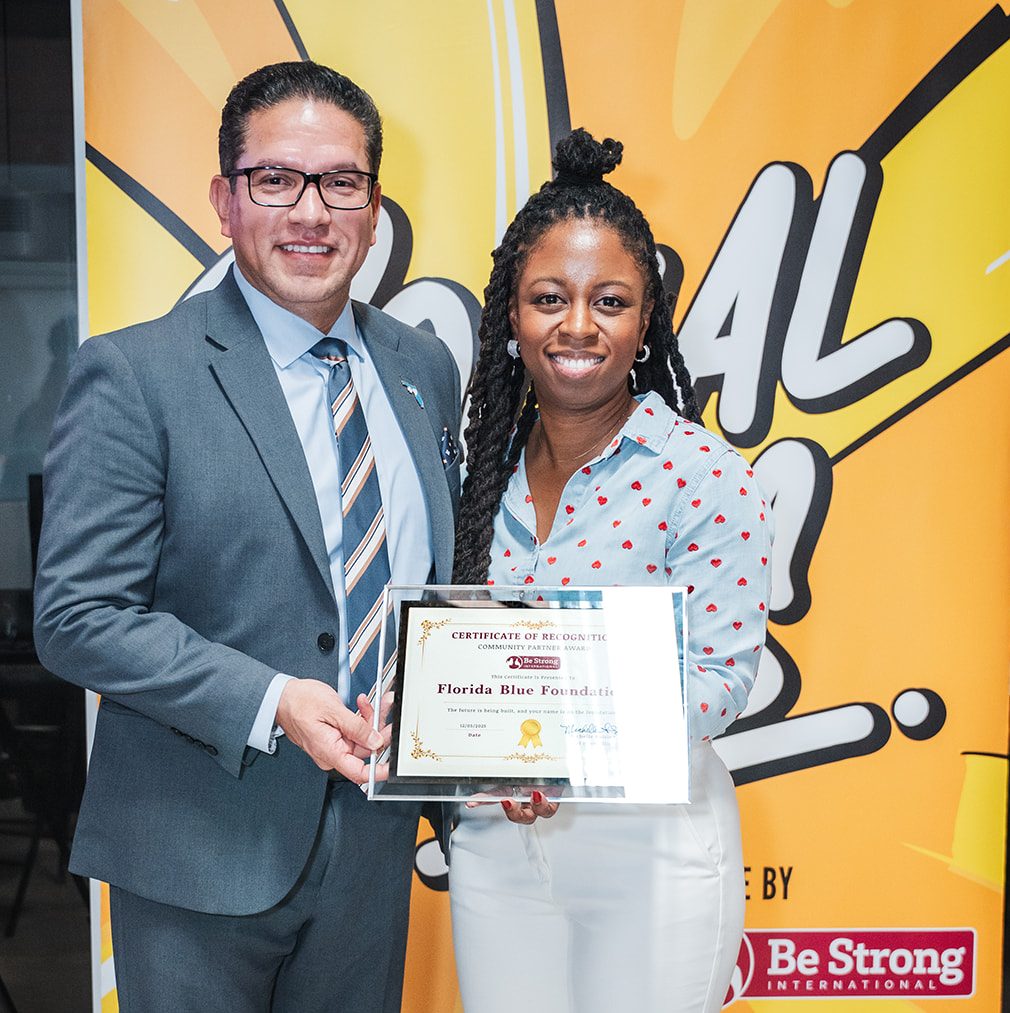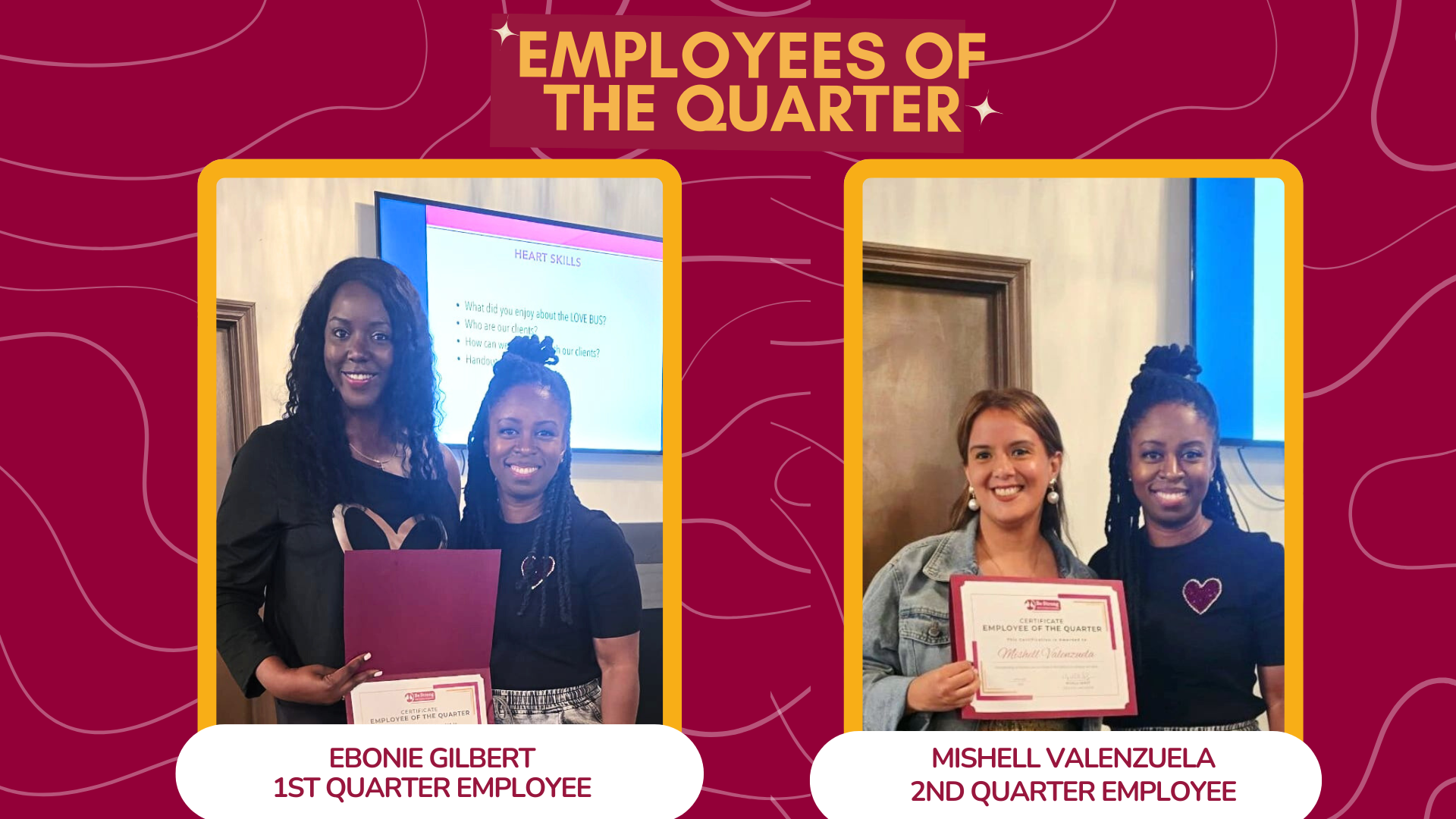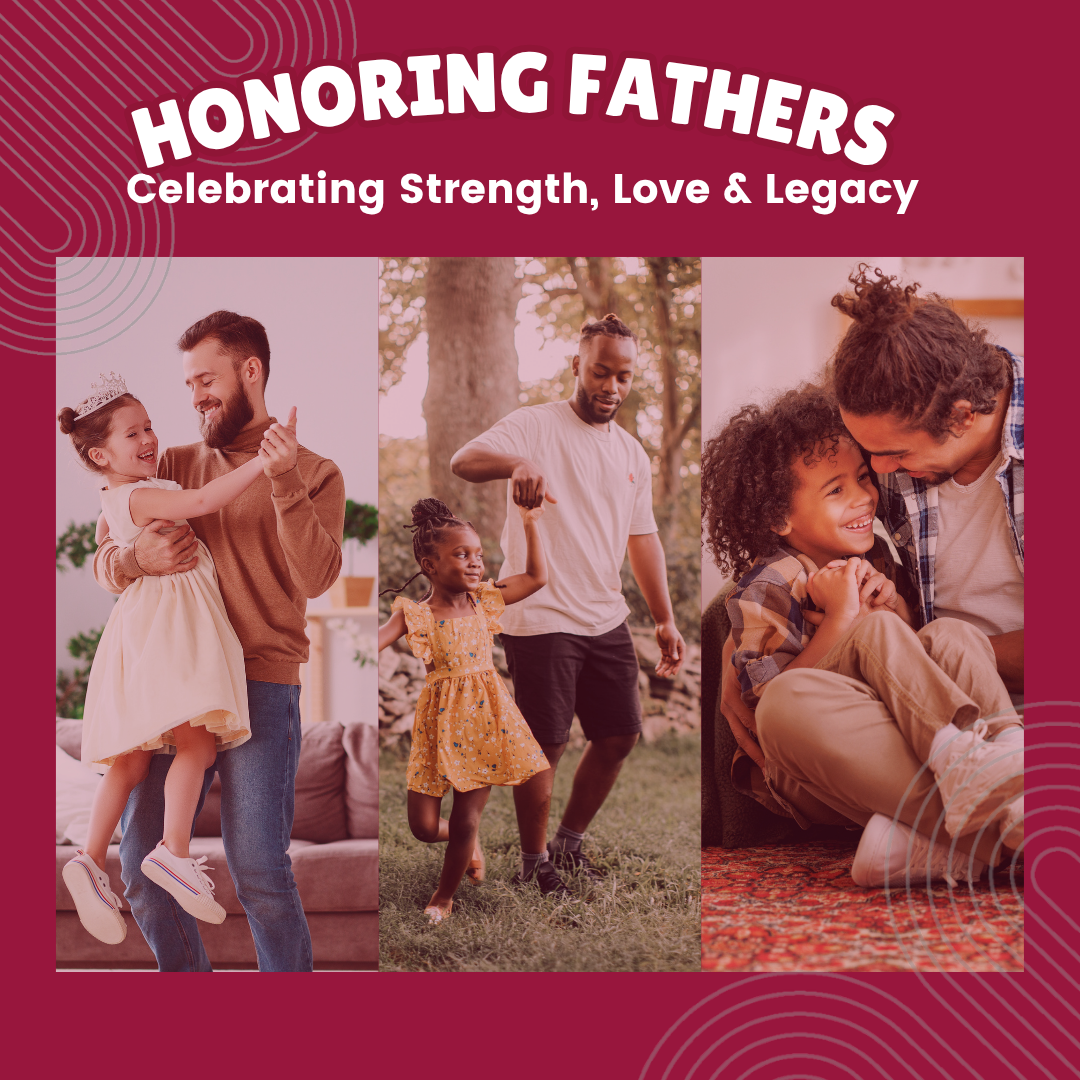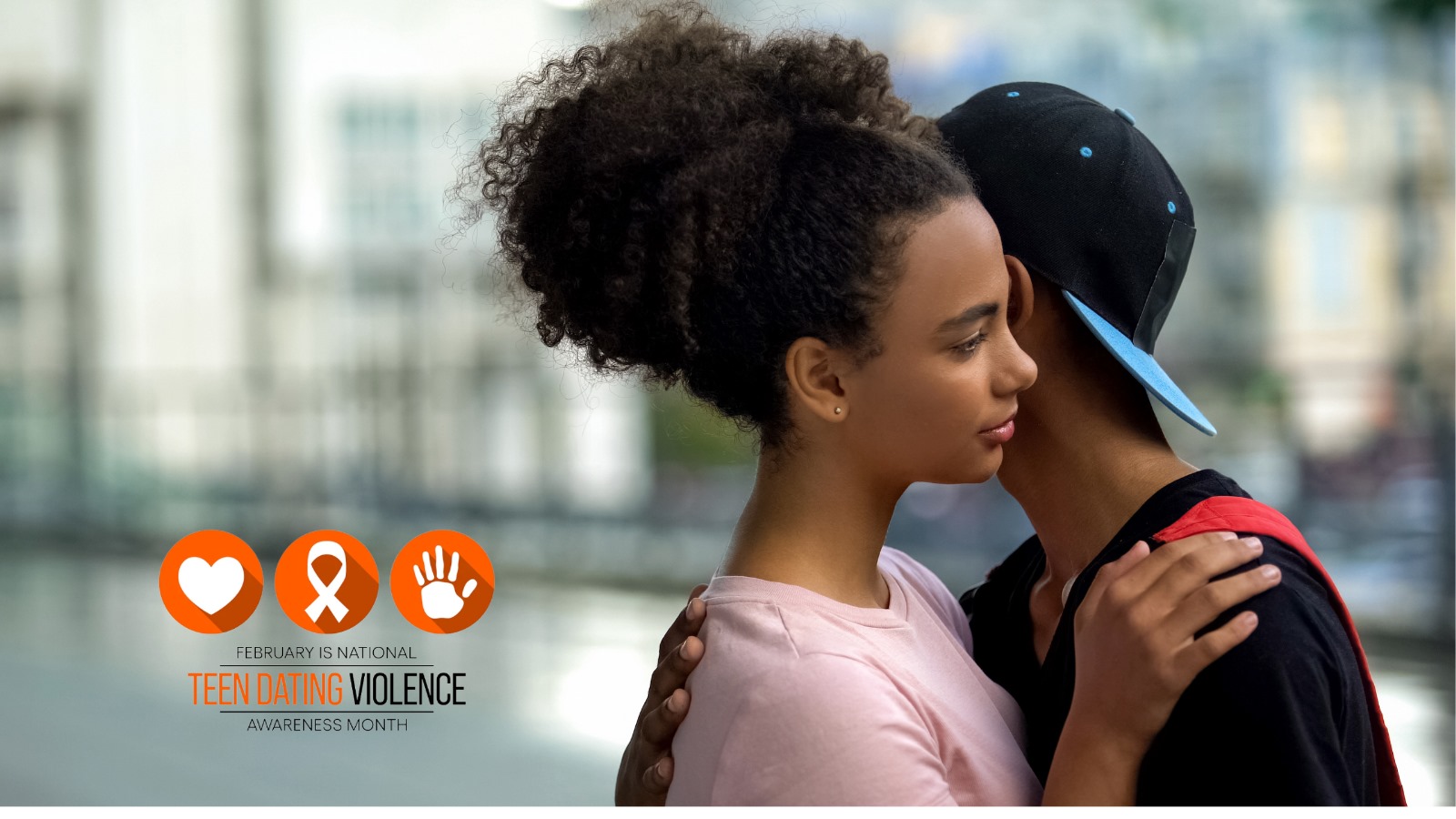The mission of bringing communities together is more vital today than ever before. The building block to unifying our communities begins with what is called social empathy. Social empathy is the ability to understand people by perceiving or experiencing their life situations and, as a result, gaining insight into structural inequalities and disparities. As author Elizabeth A. Segal states in her book “Social Empathy,”
“Our ability to understand others and help others understand us is essential to our individual and collective well-being. Yet there are many barriers that keep us from walking in the shoes of others: fear, skepticism, and power structures that separate us from those outside our narrow groups. To progress in a multicultural world and ensure our common good, we need to overcome these obstacles. Our best hope can be found in the skill of empathy.”
Social empathy opens the door to communication to build relationships within one’s community. So, let’s discuss why social empathy is important in bringing communities together and how you can exhibit empathy in your everyday life to those around you.
The Importance of Social Empathy
As humans, we are hardwired for social interaction and community. But somewhere along the way, our perspective on community shifted, and we now find it difficult to empathize with many people. We are social beings. We survive and thrive in communities because we rely on one another. We have a habit of getting involved in each other’s lives. But, to do so, we must be able to emote empathy for one another.
Even though we are more connected these days thanks to social media and the internet, we have actually begun to become less social and more introverted, desiring to be alone and closing our eyes to the small acts of violence and injustice that occur around us.
As reported on SocialEmpathy.org, a lack of social empathy can lead to:
- Bullying
- Violent crimes
- Child abuse
- Domestic violence
- Sexual assault
- Narcissism
And in a larger social construct, a lack of empathy can fester and grow into:
- Racism
- Prejudice
- Victim Blaming
- Distrust
To combat these negative empathetic restraints, it’s important that we get back to a place of showing empathy to those around us. It’s not about just retweeting or reposting on your social media accounts but through your actions. For meaningful change to occur, we must become more empathic to EVERYONE around us, especially those who think, look, or act different than us. Let’s take a look at ways you can become more socially empathetic.
How to Become More Socially Empathetic
Learn to empathize with yourself first if you want to increase your empathy. If you suppress your own emotions, it will be very challenging to comprehend another person’s emotions. Your capacity to comprehend what other people are thinking and feeling will steadily improve as you work to better understand your own emotions and those of others.
As you continue to develop your social empathy skills, you can begin to find more ways that you can be more empathic in your day-to-day life. Some great ways to start are:
- Become curious about people you don’t know.
Empathetic people are curious about those around them. They may strike up conversations with strangers or observe others with openness. They are people who kept that natural curiosity we all had when were children. This curiosity helps us empathize because it exposes us to different world views, lifestyles, and people we would not usually meet.
- Focus on similarities rather than differences.
Every single one of us has biases. There are always ways to put other people into boxes and make assumptions about them based on stereotypes or cultural stigmas. Doing this to others keeps us from understanding other people’s individuality and unique qualities. This can help us to better understand them.
- Put yourself in someone’s shoes.
For example, instead of walking past the homeless person in the train station and simply thinking about how unclean they look, try and get a better idea of their life. This could be anything from bringing them a meal or care package and saying “Hello”, to volunteering at a homeless shelter. Either way, immersing yourself in the lives and experiences of others is a great way to increase your empathy.
- Listen, but also share.
Empathy is not just about having empathy for others but also about showing ourselves to others. Trusting someone with your genuine thoughts and feelings is crucial to building a healthy and empathetic relationship with someone else. Empathy is fantastic because it is not just a one-way street. It can go both ways.
- Connect with social action movements.
Empathy doesn’t have to be just an individualistic concept. It can extend to large groups of people and exist in a global or community-wide plane. Getting involved in advocacy groups or charity efforts within your community is a great way to embody empathy.
- Get creative with it.
So often, people think that just because someone disagrees with them or if the other person lives a different lifestyle than they do, that person doesn’t deserve empathy. Using your imagination and creativity is essential when empathy seems hard or even impossible. Through your creativity, empathy is possible even when you didn’t ever think it could be.
Children and Empathy
It’s important to set an example for your child when trying to teach them empathy. The child will then have a better understanding of what empathy feels, sounds, and looks like. Children who experience empathy more often are more likely to extend it to those around them. Here are ways you can teach your children social empathy:
- Discuss emotions openly rather than dismissing or burying them. If your child dislikes another child, do not immediately say, “That’s wrong,” but rather inquire as to why. Never punish a child who is upset or angry. Make it clear that all emotions are welcome and learn healthy ways to manage them.
- Help others locally, globally, or at home. Activities for kids can aid in their development of empathy and kindness. They can also give kids the chance to socialize with people from different backgrounds, ages, and situations
- Praise your child when he or she shows empathy for others. Emphasizing and encouraging empathetic behavior leads to more of it in the future.
Be Strong In The Community
Social empathy is a vital part of building a strong community. It enables us to have the capacity to overcome obstacles, to choose what type of community and society we want to live in and to determine how we might progress towards our common ideals. Every community needs people who are well-informed, empowered, and have emotional intelligence to use their voices to contribute to an open dialogue on social issues and other topics. “A strong community stems from healthy relationships between its members, Be Strong International is committed to providing education and resources to support and restore our communities.
Be Strong International is a leading non-profit organization that works with youth and families in South Florida. Be Strong International also works collaboratively with other organizations to provide community events that support families and children such as food drives, toy drives, and back-to-school supply drives.
Be Strong has created a social vehicle geared toward encouraging empathy within the community through a program called “Be Strong At The Table” (BSATT). BSATT is a unique relationship-building experience offered through a dining activity. This project is intently focused on increasing social empathy and encouraging healthy dialogue among community members despite their differences.
To learn more about Be Strong At The Table, visit https://bestrongintl.org/programs-old/be-strong-at-the-table/.
Social Yaks: The Social Empathy Game
Games are often played to have fun, to be challenged or simply to socialize with other people. Be Strong International used its expertise in healthy relationships to create a fun game tool that helps engage and connect people from all walks of life.
Social Yaks breaks the ice and inspires understanding. From light conversation starters to questions that dig deeper, each level pushes players to show insight and share feelings, experiences, and memories to create empathy towards one another and build stronger connections.
To learn more about Social Yaks, visit www.bestrongintl.org/social-yaks/.
For more information and updates on events and programs, follow Be Strong International on social media @bestrongintl or through their website https://bestrongintl.org.

